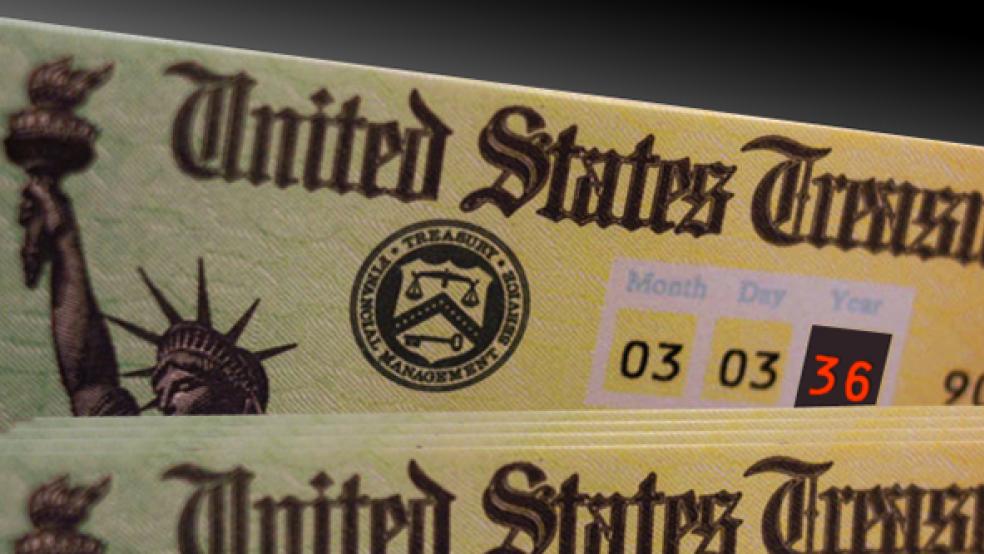In a move that could boost benefits for about 2.4 million retirees, the Senate passed the Social Security Fairness Act this weekend, sending it to President Biden for his signature. Approved by the House in a 327-75 vote in November, the bill passed the Senate by a margin of 76-20.
The legislation changes the way the Social Security system treats retirees who worked in both the public and private sectors. Many public sector workers, including teachers, firefighters and police officers, participate in pension plans that exempt them from the Social Security system, but some take second jobs in the private sector through which they contribute payroll taxes. Under the current system, some of those workers or their surviving spouses receive reduced Social Security benefits when they retire.
The bill repeals two statutes, the Windfall Elimination Provision and the Government Pension Offset. The WEP reduces Social Security benefits for workers with public sector pensions and who have paid into the Social Security System for less than 30 years, while the GPO reduces Social Security benefits for spouses or surviving spouses who receive public sector pensions. (Read more about how they work here and here.)
Sen. Susan Collins, the Maine Republican who co-sponsored the bill, said it addresses the “horrendous inequity” that some public sector workers have long faced. Speaking on the Senate floor, Collins provided an example in which one of her constituents, a schoolteacher with a public pension, lost two-thirds of her husband’s Social Security benefits upon his death due to the adjustment rules, forcing the 72-year-old retiree to go back to work.
A sustained effort: Advocates have been pushing for changes in the Social Security rules for decades. “This is something we’ve been working on for 40 years,” said John Hatton, the National Active and Retired Federal Employees Association, per Federal News Network. “It’s been penalizing people simply because they’ve earned their government pension and then they earn, separately through private sector work, their Social Security benefits.”
Senate Majority Leader Chuck Schumer echoed that sentiment. “Tonight, the Senate finally corrects a fifty-year mistake by passing the Social Security Fairness Act,” he said early Saturday. “Millions of retired teachers, firefighters, letter carriers, and state and local workers have waited decades for this moment. No longer will public retirees see their hard-earned Social Security benefits robbed from them, thanks to this bill.”
Conservatives push back: The bill’s opponents argue that the pension rules prevent workers from “double-dipping” from the Social Security system. Some workers with public sector pensions take second, supplemental jobs that often pay less, and when they claim Social Security benefits upon retirement based on those second jobs, they could receive a boost in benefits because their private earnings were so low, enabling them to combine their public sector pensions with enhanced Social Security benefits. Economist Andrew Biggs of the conservative American Enterprise Institute says the WEP and GPO rules prevent such workers “from receiving an unduly sweet deal from Social Security.”
Analysts will disagree on what is fair or unfair in that situation and others like it, making it difficult to define a system that everyone agrees is better. But the other complaint about the Social Security Fairness Act — that it will be costly — seems clear enough. According to an analysis by the Congressional Budget Office, the legislation will increase outlays by about $196 billion over 10 years starting in 2025. In a separate analysis, CBO found that the increase in spending will cause the Social Security trust funds to be exhausted about six months earlier than they would be otherwise, moving forward the date on which benefits would see an across-the-board cut absent intervention by Congress.




